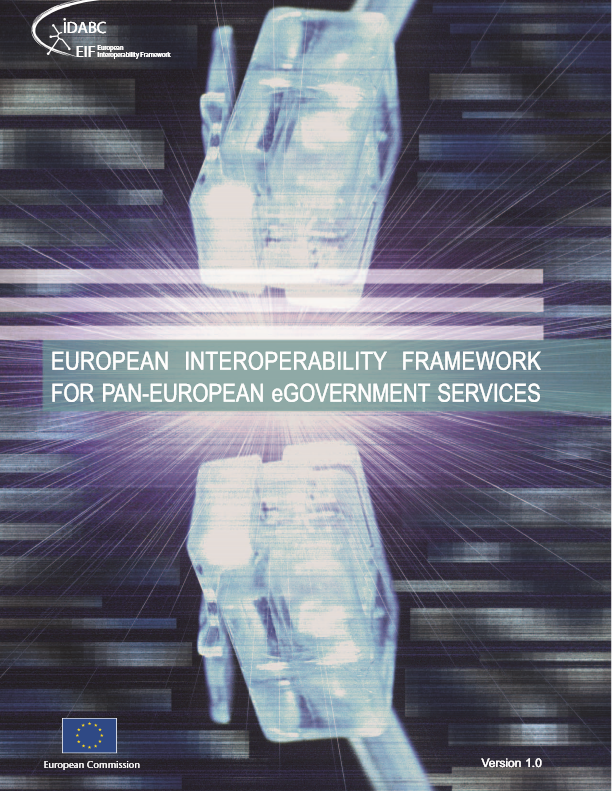The open standard principles updated recently (OSP 2015) including a list of Open Source licences approved by the Open Source Iniciative. It recognized that:
- Rights essential to implementation of the standard, and for interfacing with other implementations which have adopted that same standard, are licensed on a (RF) royalty free basis that is compatible with both open source … and proprietary licensed solutions. These rights should be irrevocable unless there is a breach of licence conditions
But, now EU exclude Open Source from new tech standards. On the penultimate page of the ICT Standardisation Priorities document there is a problematic statement: “ICT standardisation requires a balanced IPR [intellectual property rights] policy, based on FRAND licensing terms.”. FRAND licencing that means “Fair, Reasonable, And Non-Discriminatory” licencing and this is incompatible with open source, which will therefore find itself excluded from much of the EU’s grand new Digital Single Market strategy.
- FRAND licensing requires a per-copy payment. Free software on the contrary can be shared any number of times.
The initial EIF 2004 (European Interoperativity Framwork) was totally in accordance with the Open-Source phylosophy
- The standard is adopted and will be maintained by a not-for-profit organisation, and its ongoing development occurs on the basis of an open decision-making procedure available to all interested parties (consensus or majority decision etc.).
- The standard has been published and the standard specification document is available either freely or at a nominal charge. It must be permissible to all to copy, distribute and use it for no fee or at a nominal fee
- The intellectual property—i.e. patents possibly present—of (parts of) the standard is made irrevocably available on a royalty-free basis.
- There are no constraints on the re-use of the standard.
Nevertheless the EIF 2010 change completly the policy. Include the definitions and characteristics of the OSS (Open Source Software) and the different definition of the Free Software, specifying his own opinion of OPENESS as:
“If the openness principle is applied in full:
- All stakeholders have the same possibility of contributing to the development of the specification and public review is part of the decision-making process;
- The specification is available for everybody to study;
- IPR-Intellectual property rights related to the specification are licensed on FRAND terms OR on a royalty-free basis in a way that allows implementation in both proprietary and open source software.”
Now their is a mass problem.


